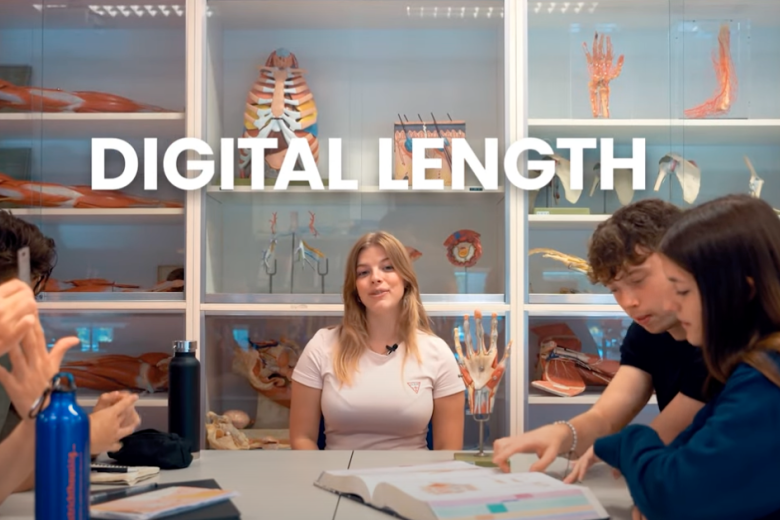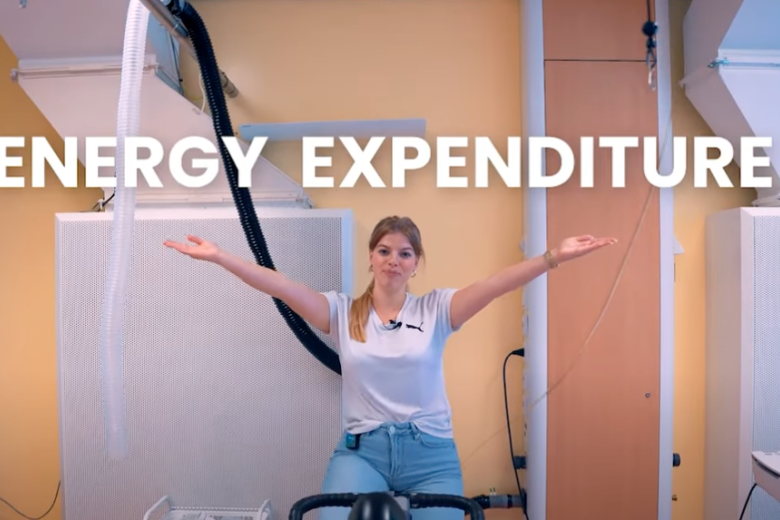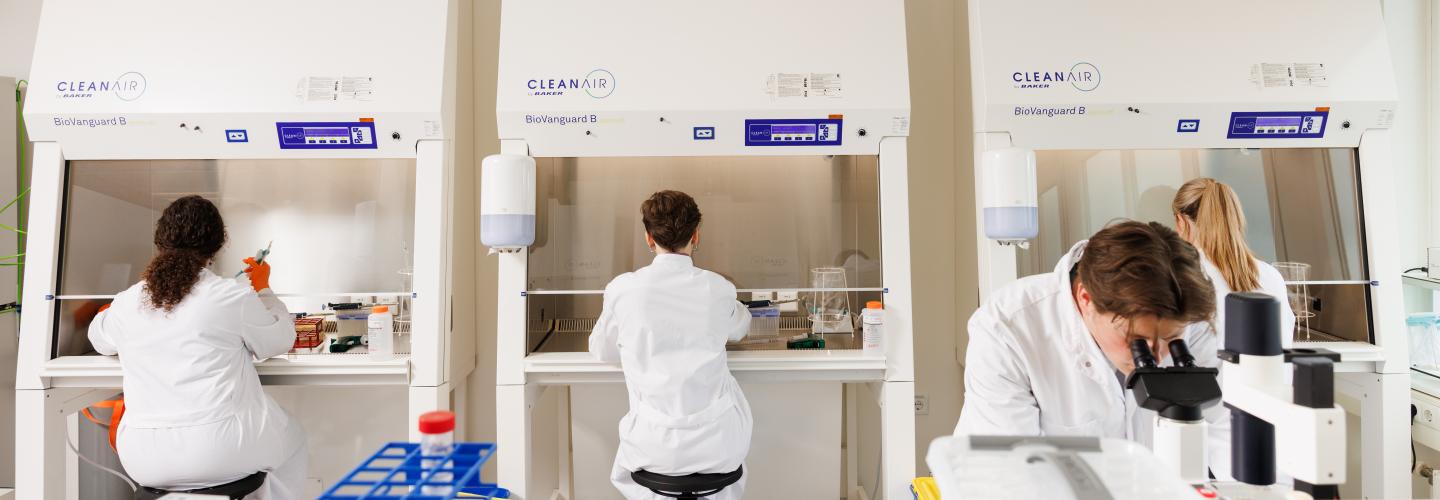Why this programme
The bachelor's programme in Biomedical Sciences explores how the human body works in day-to-day life, during periods of illness, while ageing and while performing to the very best of its ability. You explore the relationship between human beings and their environment from molecule, to gene, to cell and organ, to individual and to entire populations. The programme is often described as the ‘research side of medicine’.
Broad and flexible programme
The flexible nature of the programme means you’ll have plenty of opportunity to specialise. You’ll start by taking mandatory courses, followed by several electives and a minor. This means you’ll have the opportunity to select the topics that best fit your talents and ambitions, allowing you to develop a unique professional profile within the field of biomedical sciences. A personal mentor will guide you in the decisions you'll have to make. You’ll complete your bachelor’s by writing a thesis.
At the interface of research, medicine and biology
Though this programme shares common ground with both biology and medicine, it has a notable different emphasis. In biology, you study the links between biological species and their environment. In medicine, you study the phenomenon of illness with the objective to heal individual patients. As a biomedical scientist (and a student Biomedical Sciences), you don't treat or get into contact with patients. Instead, you use scientific knowledge to gain insight into the processes underlying human health and disease.
Five themes
- Living: chemistry of life, cells, organisation and communication in tissues
- Protecting: threats, immunity, lymphatic system, infection and infectious diseases, epidemiology
- Acting: moving, sensing your position, nervous system and musculoskeletal system
- Thriving: oxygen supply, nutrient processing, maintenance of physiological equilibrium and nutrition
- Populating: inheritance, reproduction, development and growth, hormones and evolution
Developing competences
Next to biomedical content, the bachelor’s programme in Biomedical Sciences explicitly focuses on training and developing academic and professional competences. These competences will be valuable in your future career, and will give you a head start compared to students at other universities. You are stimulated to improve your competences in three main clusters:
Communicator:
You are able to communicate about your work.
You can collaborate with people that have a different specialism or a different cultural background.
Professional:
You have a professional work ethic.
You can maintain professional relationships with others.
You are able to manage and coordinate the work that needs to be done.
You can manage your own time.
Investigator:
You are curious and inquisitive.
You are willing and able to explore problems and find answers.
You can think critically.
You have basic research and problem-solving skills.
You would like to contribute towards the dissemination of knowledge.
You are interested in the way in which scientific knowledge is obtained, and in the way in which it evolves.
Small groups=big advantages
At Maastricht University, courses are taught using Problem-Based Learning (PBL). In small groups of up to twelve students, you’ll work on practical assignments that approach a biomedical theme from different angles. You’ll gain knowledge, and you’ll also learn how to collaborate, present and set up a laboratory project. Practical and research skills training sessions are also included. You discuss a given problem, set learning goals, study relevant literature and then meet to discuss your findings. You do this independently, but always under the supervision of a tutor.
First-year practical videos
Digital length
What does the difference in finger length between men and women tell us about how the human body works? Chemène, a Biomedical Sciences student, shows you during one of her first-year practicals.

Energy expenditure
What effect does exercise have on the human body? Chemène, a Biomedical Sciences student, shows you during one of her first-year practicals.

Excellence programmes
Honours programme
The faculty offers an Honours Programme for its most motivated and talented students. This prestigious programme allows chosen students to follow an in-depth track in their field of study. In the Honours Programme, you are actively involved in research projects surrounding current issues in the health sector and other life sciences. You also deal with historical and philosophical issues in the field of medicine. The programme is faculty-wide, which means you'll be working together with students from other programmes.
The programme starts during the bachelor’s second year and lasts for 18 months. It requires an overall investment of about 420 hours. Once you have successfully completed the Honours Programme, you’ll receive an Honours Certificate, in addition to your diploma.
MaRBLe excellence programme
Through the Maastricht Research Based Learning programme, MaRBLe for short, we offer talented third-year bachelor’s students the opportunity to conduct their own research project. You will be guided by experienced academic staff who will help you further develop your critical thinking and research skills. This will help prepare you for a career in scientific research or research positions in business.
Join Study Association Helix
Helix is the study association for Biomedical Sciences and Regenerative Medicine and Technology. Join their diverse events like excursions, camps, and galas throughout the year. Prioritise education with exam prep pub quizzes, company visits, and Student Evaluation Panels to enhance courses for the future.
